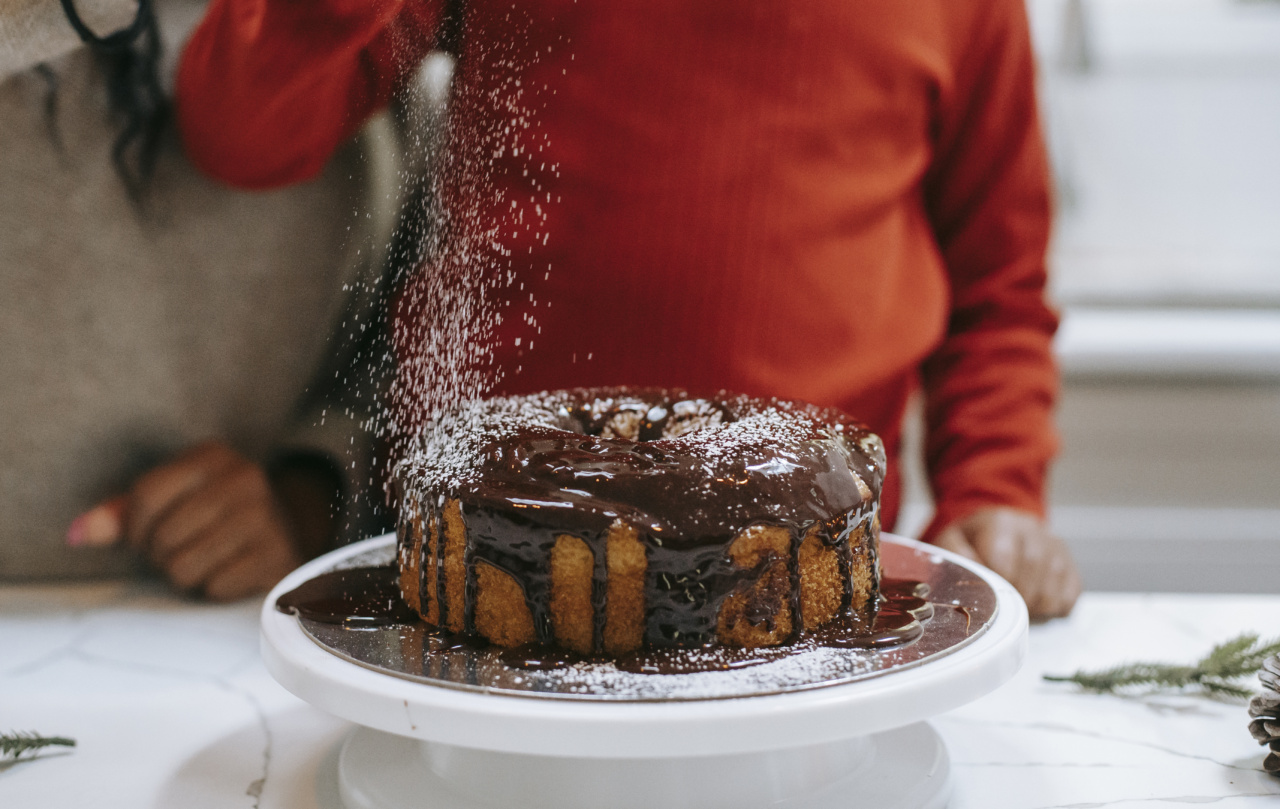As the festive season approaches, many of us eagerly anticipate the joy of coming together with loved ones, participating in time-honored traditions, and creating cherished memories.
While holidays are undeniably special occasions, did you know that they can also play a crucial role in maintaining and improving memory, particularly for individuals with dementia?.
The Link Between Routines and Memory
For those living with dementia, routines provide a sense of structure and familiarity that can greatly enhance cognitive function.
Dementia, a progressive medical condition that affects memory, thinking, and behavior, often disrupts the normal routines and activities of daily life. However, by preserving and embracing holiday habits, individuals with dementia can potentially benefit from improved memory retention and overall cognitive well-being.
Familiarity Breeds Comfort
One of the key reasons why festive routines can be beneficial for individuals with dementia is the element of familiarity they bring.
Engaging in activities that have been done year after year helps trigger memory recall and evoke a sense of comfort and security. For example, decorating the Christmas tree with ornaments that have been passed down through generations can elicit memories associated with the holiday season.
The Power of Tradition
Traditions are powerful tools for memory preservation. By upholding long-standing customs, families create a consistent environment that assists individuals with dementia in retaining important memories.
For someone with dementia, participating in familiar traditions such as baking cookies, singing carols, or watching favorite holiday movies can evoke memories from past experiences and foster a sense of connection to their personal history.
Maintaining Social Connections
The holiday season is a time for socializing and strengthening bonds with loved ones. For individuals with dementia, maintaining these social connections is vital for their overall well-being.
Engaging in holiday gatherings or reunions provides an opportunity to interact with family and friends, stimulating cognitive function and encouraging memory retention through shared experiences and conversations.
Structured Activities and Cognitive Stimulation
Holidays often involve a variety of engaging activities that can stimulate cognitive function and help maintain memory. For individuals with dementia, participating in these structured activities can be immensely beneficial.
From solving puzzles, playing memory games, or engaging in festive crafts, these activities promote mental stimulation and exercise important cognitive abilities. The brain’s ability to process information and form new memories can be strengthened through regular engagement in mentally challenging tasks.
Routine-Based Stress Reduction
The holiday season can be stressful for anyone, and individuals with dementia are no exception. However, by embracing familiar holiday routines, individuals with dementia can experience a reduction in stress and anxiety.
Routine-based activities provide a sense of predictability and familiarity, helping to minimize confusion and disorientation that often accompany dementia. The preservation of traditions and routines creates a calming and reassuring environment, reducing stress and promoting emotional well-being.
Incorporating Sensory Experiences
During the holidays, we are surrounded by a myriad of sensory experiences, from the smell of freshly baked goods to the twinkling lights and festive music. These sensory cues can act as powerful triggers for memory recall.
Individuals with dementia may respond positively to these sensory experiences, allowing them to connect with past memories and emotions. Decorating the house with familiar scents, playing seasonal music, and creating a visually stimulating holiday environment can be particularly effective in stimulating memory and emotional connections.
Adapting Holiday Routines for Individuals with Dementia
While holiday routines can be beneficial for individuals with dementia, it is important to adapt and modify them to ensure the best possible experience. Here are some tips to keep in mind:.
1. Simplify activities
Choose activities that align with the individual’s abilities and interests. Simplify complex tasks and break them down into smaller, manageable steps.
This allows individuals with dementia to actively participate and enjoy the process without feeling overwhelmed.
2. Create a calm environment
Ensure the environment is quiet, well-lit, and free from distractions. Reduce excessive noise and clutter to create a calm and peaceful space that promotes focus and relaxation.
3. Focus on sensory experiences
Incorporate sensory stimulation into holiday traditions. Encourage individuals with dementia to touch, smell, and engage their senses in activities such as baking, decorating, or listening to familiar music.
This can help trigger memories and emotions associated with the festive season.
4. Provide clear instructions and guidance
When involving individuals with dementia in activities, provide clear and concise instructions. Use visual aids, such as pictures or simple step-by-step guides, to assist with understanding and execution.
5. Involve family and friends
Encourage family members and close friends to actively participate in holiday routines with individuals who have dementia.
This not only provides companionship but also creates a supportive and inclusive environment that fosters a sense of belonging and joy.
6. Allow for breaks and rest
Recognize that individuals with dementia may experience fatigue more easily. Make sure to schedule regular breaks and provide opportunities for rest to avoid overexertion and promote overall well-being.
Conclusion
The holiday season is a time of joy, connection, and cherished traditions. For individuals with dementia, these festive routines can play a vital role in memory preservation and cognitive well-being.
By embracing familiar traditions, engaging in structured activities, and creating a supportive environment, individuals with dementia can benefit from improved memory recall, reduced stress, and enhanced quality of life.






























